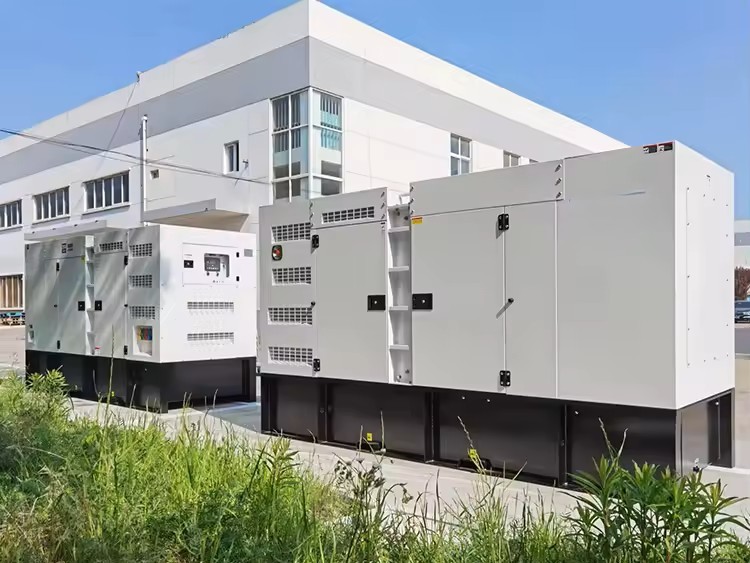Choosing the right generator for your business is critical to ensuring continuous operations during power outages.
Here’s a guide to help you make the right choice:
1. Assess Your Power Needs
Start by identifying what equipment and systems need backup power—think lighting, HVAC, servers, production lines, and refrigeration.
Calculate the total wattage and consider both starting and running power requirements for machines. A licensed electrician or energy consultant can help perform a load analysis to get an accurate number.
2. Select the Right Type of Generator
There are two main types to consider:
-
Standby Generators: Permanently installed and automatically turn on during an outage. Ideal for businesses that can’t afford downtime.
-
Portable Generators: Smaller, mobile, and manually operated. Suitable for small businesses or temporary power needs.
3. Choose the Right Fuel Type
Common fuel options include:
-
Diesel: Reliable and efficient, especially for heavy-duty needs.
-
Natural Gas: Cleaner burning and often connected to a utility line—no need for fuel storage.
-
Propane: Long shelf life and clean burning, but requires onsite storage.
Your fuel choice depends on availability, budget, and environmental concerns.
4. Consider Runtime and Fuel Capacity
How long do you need the generator to run?
If you expect prolonged outages, choose a generator with:
-
A larger fuel tank
or -
A continuous supply connection (like natural gas).
5. Check Noise Levels
Generators can be loud, and noise may be a concern if your business is located in a noise-sensitive area (e.g., residential zones).
Look for generators with:
-
Low decibel (dB) ratings
-
Sound-attenuated enclosures for quieter operation
6. Understand Installation and Maintenance
Standby generators require professional installation and regular maintenance.
Choose a supplier like Power Trade X that offers end-to-end services, including sizing, installation, and long-term servicing.
7. Plan for Future Growth
Don’t just size your generator for today—think about where your business will be in 5 to 10 years.
A slightly larger generator can accommodate future expansions, new equipment, or higher power demands.
8. Ensure Compliance and Permits
Local codes and regulations may require:
-
Specific permits
-
Noise control measures
-
Emissions standards
Always work with a certified installer who understands local requirements.
9. Budget Wisely
While cost is important, think of a generator as an investment in business continuity.
Consider the total cost of ownership, including:
-
Upfront purchase cost
-
Fuel costs
-
Maintenance
-
Downtime prevention
Need Help Choosing the Right Generator?
At Power Trade X, we help businesses assess their power needs and match them with the ideal generator solution—whether it’s diesel, natural gas, or hybrid systems.
Contact us today for a free consultation and keep your business powered, no matter what.
Visit us at www.powertradex.com

